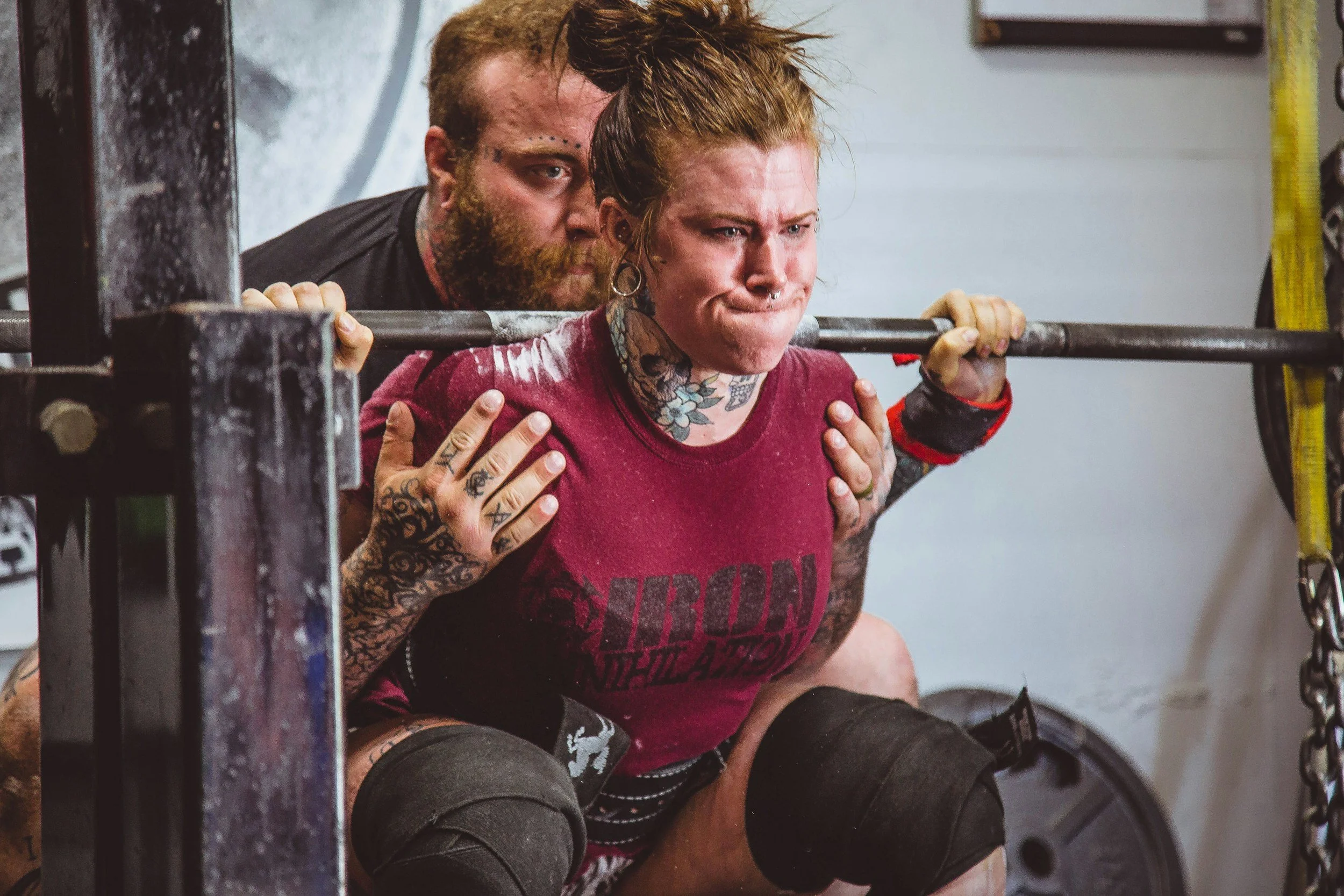Why is recovery important when building muscle?
Sleep and recover
You don’t grow in the gym.
Recovery is an absolutely crucial and indispensable component of building muscle, as it allows the body to effectively repair and strengthen itself following the physical stress and strain it experiences from exercise. When you regularly engage in physical activities, especially during intense resistance training sessions, your muscle fibers sustain microscopic damage that must be appropriately addressed to facilitate healing.
Recovery enables these fibers to heal properly and efficiently, ultimately leading to muscle growth, enhanced endurance, and increased strength over time. In fact, proper recovery plays a significant role in contributing not only to muscle hypertrophy but also in improving overall athletic performance and significantly reducing the risk of potential injuries that can hinder progress. Furthermore, recovery also plays an essential role in helping to restore energy levels and balance hormones, which are vital in regulating the intricate recovery processes within the body to maintain overall health.
How often should I train the same muscle group?
How long you should wait to train the same muscle group again can depend on a variety of contributing factors, including the intensity of your workout, your current fitness level, and the specific recovery methods you diligently implement. Generally, it is widely recommended to allow a period of 48 to 72 hours of recovery before targeting the same muscle group again. This recommended time frame is crucial as it helps to ensure that your muscles have adequately recovered, which in turn enhances the overall effectiveness and efficiency of your subsequent workouts.
Listening to your body is absolutely essential—if you still feel muscle soreness, experience lingering fatigue, or notice any unusual discomfort, it may be beneficial to consider extending your recovery period to promote optimal progress and avoid the potential pitfalls of overtraining that can lead to setbacks.
To enhance muscle recovery, consider the following supplements:
Recovery and performance
1. Creatine
Benefits: Supports ATP production, which can help improve strength and recovery times.
Usage: Typically taken in 3-5 grams daily, post-workout.
2. Protein Supplements
Benefits: Aids muscle repair and growth. Whey protein is popular due to its fast absorption.
Usage: Consume 20-30 grams post-workout or as part of your daily intake.
3. Carbohydrates
Benefits: Replenish glycogen stores and support overall recovery. Combining protein with carbs can enhance recovery.
Usage: 30-60 grams of fast-digesting carbs (like dextrose or maltodextrin) after workouts.
4. Healthy Fats
Benefits: Essential for hormone production and can reduce inflammation.
Sources: Incorporate omega-3 fatty acids (fish oil) and sources like avocados or nuts. Aim for 1-2 grams daily.
5. Water
Benefits: Critical for hydration, nutrient transport, and metabolic processes during recovery.
Usage: Drink adequately before, during, and after workouts to maintain hydration levels.
Additional Considerations:
Branched-Chain Amino Acids (BCAAs): May reduce muscle soreness and improve recovery, typically consumed pre or post-workout.
L-Glutamine: Can help with muscle recovery and immune function, taken 5-10 grams post-workout.
Before starting new supplements, consult with a healthcare professional to tailor recommendations to your individual needs and health conditions.
Sleep is necessary for recovery
Sleep is crucial
Sleep plays a vital role in muscle recovery for several reasons. Firstly, during sleep, the body enters a state of repair. This is when muscle tissues that have been stressed during workouts are rebuilt and strengthened. Growth hormone, which is crucial for muscle repair and growth, is released predominantly in deep sleep stages.
Secondly, sleep helps to manage inflammation. Adequate rest reduces the levels of cortisol, a stress hormone that, when elevated, can hinder recovery and promote muscle breakdown. By maintaining a healthy sleep schedule, individuals can better manage their cortisol levels, facilitating an optimal environment for muscle recovery.
Moreover, sleep significantly affects physical and cognitive performance. Lack of sleep can lead to decreased concentration and coordination, impairing workout quality and increasing the risk of injuries. Over time, chronic sleep deprivation can lead to decreased muscle mass and strength, making regular sleep an essential component of any fitness regimen.
Additionally, quality sleep enhances nutrient absorption. The body processes the intake of proteins, carbohydrates, and other nutrients more effectively during rest, allowing for better recovery and muscle rebuilding.
To ensure optimal muscle recovery, aim for 7-9 hours of quality sleep each night. Establish a consistent sleep routine, create an environment conducive to rest, and prioritize sleep as a key component of your fitness and recovery strategy.


